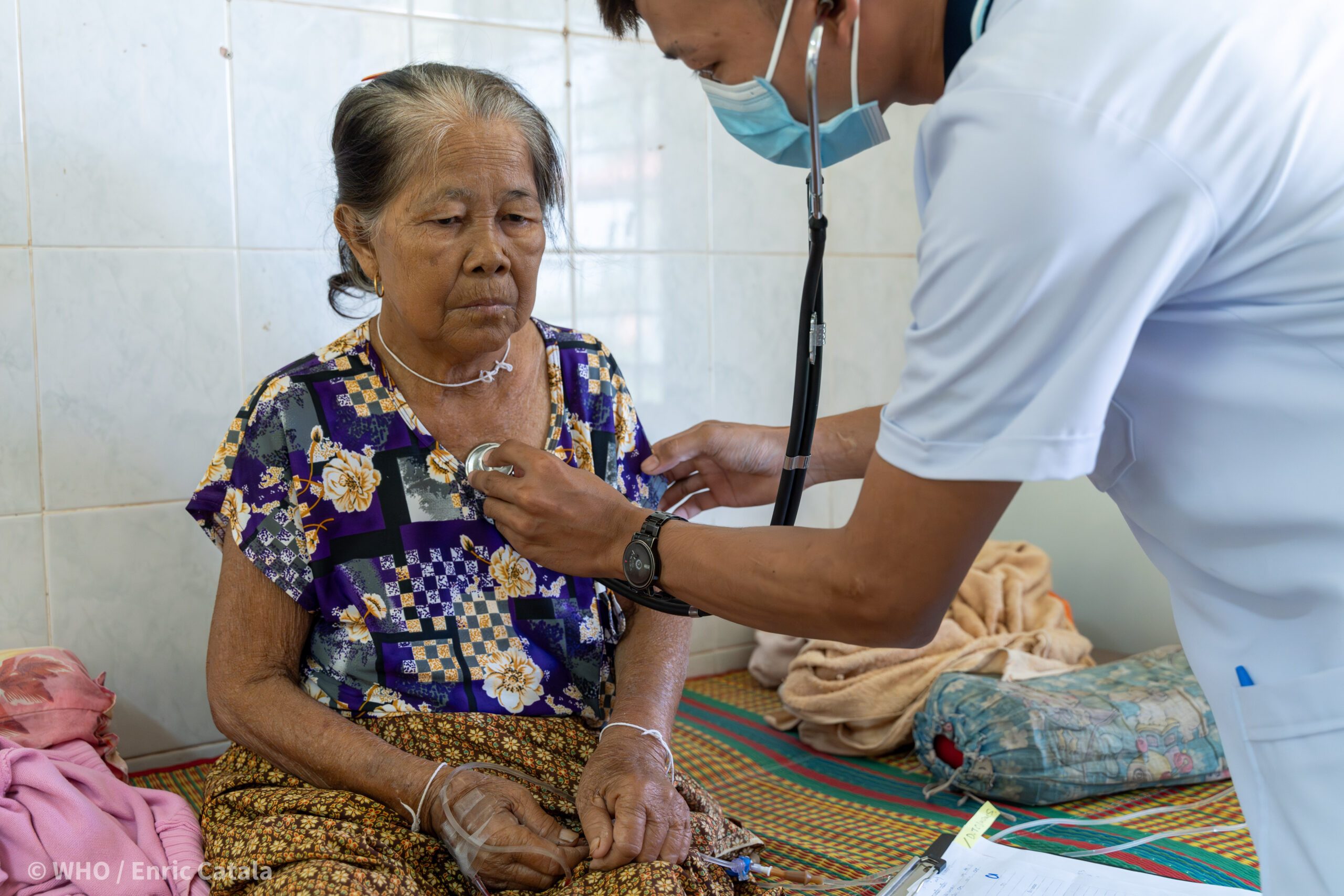The World Health Organization Centre for Health Development's tenth brief on long-term care financing explores a crucial aspect of caregiving in low- and middle-income settings: the role of informal caregivers. As the backbone of long-term care (LTC) systems, informal...
2023 Long-Term Care Insurance Act and Enforcement Decree
The Long-term Care Insurance Act was established to promote the health and stability of senior citizens in their post-retirement years, alleviate the caregiving burden on families, and improve the quality of life for seniors. Under this Act, it provides long-term care...
National Health Insurance and Long-Term Care Insurance System in Republic of Korea
This document provides an overview of national health insurance and long-term care insurance systems in the Republic of Korea, along with their development. It outlines key features such as contribution rates, co-payment structures, benefit packages, and payment...
Initiatives to improve the coverage, quality, financial protection and financial sustainability of long-term care: a rapid scoping review
The WHO Centre for Health Development has published a report titled "Improving Long-Term Care for Older Adults: A Rapid Scoping Review of Public Initiatives." In light of the global challenges posed by ageing populations, increasing chronic illnesses, and projected...
World Bank report on investment in healthy longevity as key to saving lives and boosting economies
The World Bank's latest report emphasises the need to invest in healthy longevity, potentially saving 150 million lives by 2050. Titled Unlocking the Power of Healthy Longevity: Demographic Change, Non-communicable Diseases, and Human Capital, the report highlights...
Tracking inequalities in financial hardship due to out‑of‑pocket health spending by age structure of a household
This technical brief 'Tracking inequalities in financial hardship due to out‑of‑pocket health spending by age structure of a household', developed by the WHO Centre for Health Development (WKC) and the Health Financing and Economics Department at the World Health...

More funding approved to care for dependent persons
In Thailand, the National Health Security Office (NHSO) has increased funding allocated to care dependent persons in response to a rise of care needs from population ageing.According to Bangkok Post, the NHSO has approved nearly doubling the capitation budget for...
Effects of public long-term care insurance on the medical service use by older people
The study, titled "Effects of public long-term care insurance on the medical service use by older people in South Korea," was authored by Yoon-Min Cho and Soonman Kwon and published in Health Economics, Policy and Law. In South Korea, public long-term care insurance...

Singapore’s senior citizens to get additional MediSave top-ups
Beginning in July, Singapore will offer additional MediSave top-ups to senior citizens to ensure the affordability of MediShield Life premiums.These top-ups will be provided in addition to the annual GST Voucher-MediSave top-ups for eligible Singaporeans aged 65 and...

How to fix Switzerland’s costly healthcare system
The Swiss healthcare system faces urgent calls for reform due to rising costs and public dissatisfaction, with proposals from both the Social Democrats and the Centre failing to gain voter support. Experts suggest a need for better distribution of responsibilities...
Securing access to long-term care without hardship as an integral part of universal social protection systems
Universal social protection is essential for ensuring access to long-term care and preventing financial hardship, especially in low- and middle-income countries says this policy brief by ILO. This policy brief highlights the importance of securing access to long-term...
Long-term care financing: lessons for low- and middle-income settings: brief 8: ensuring financial sustainability in long-term care
Financial sustainability in long-term care requires equitable access, balanced funding, diverse revenue sources, cost-containment, and preventive health investments says this policy brief published by the WHO Centre for Health Development as part of the series on...
Long-term care financing: lessons for low- and middle-income settings: Brief 7: Promoting quality and value in long-term care
Improving the quality and safety of long-term care for older adults in low- and middle-income countries requires robust quality assurance frameworks, comprehensive data collection, and inclusive research practices- WHO Centre for Health Development. This policy brief...
Long-term care financing: lessons for low- and middle-income settings: Brief 5. Aligning financing and delivery in long-term care
Building on the previous briefs, Brief 5 discusses how countries allocate resources for LTC across different delivery settings, balancing the aim of providing coverage of widely varying services for beneficiaries with financial sustainability and financial...
Long-term care financing: lessons for low- and middle-income settings: Brief 6. Ensuring financial protection in long-term care
Brief 6 in WHO Centre for Health Development's series Financing health and social long-term care: lessons for low- and middle-income countries (LMICs) addresses how countries can ensure financial protection in LTC. The WHO Centre for Health Development (WHO Kobe...
